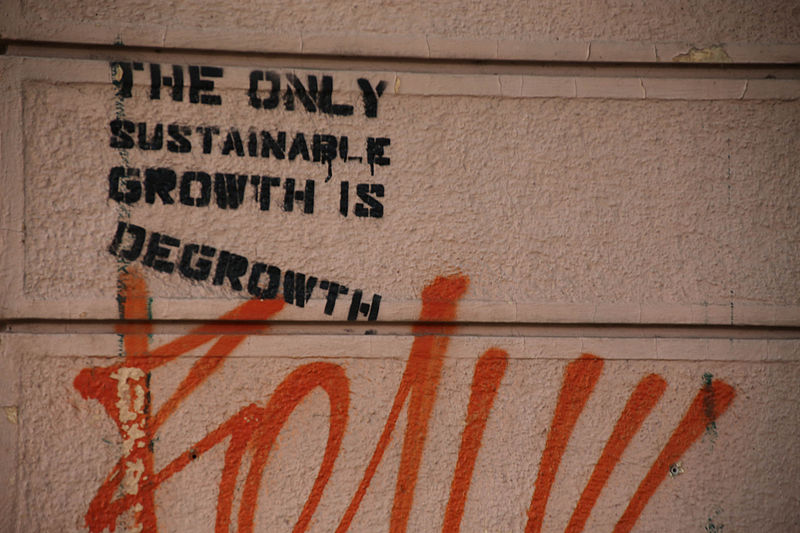Here I set out to clarify three specific issues: (1) I specify what degrowth means, and argue that the framing of degrowth is an asset, not a liability; (2) I explain how degrowth differs fundamentally from a recession; and (3) I affirm that degrowth is primarily focused on high-income nations, and explore the implications of degrowth for the global South.
Read here



Be the first to comment